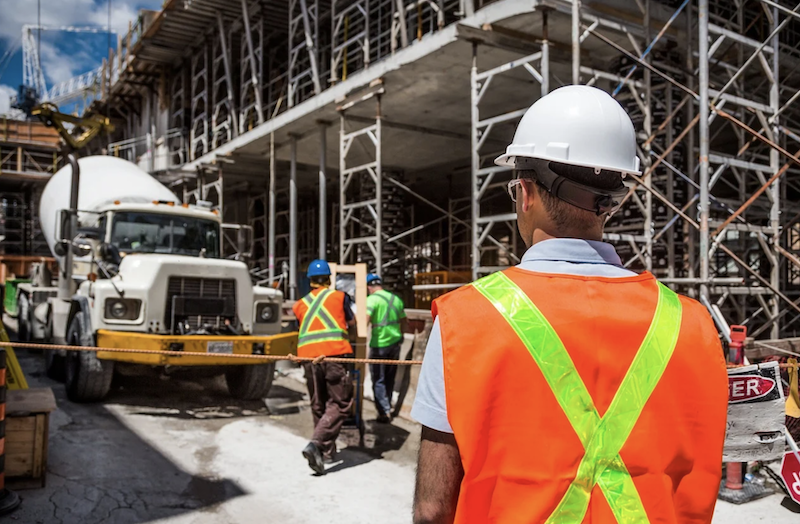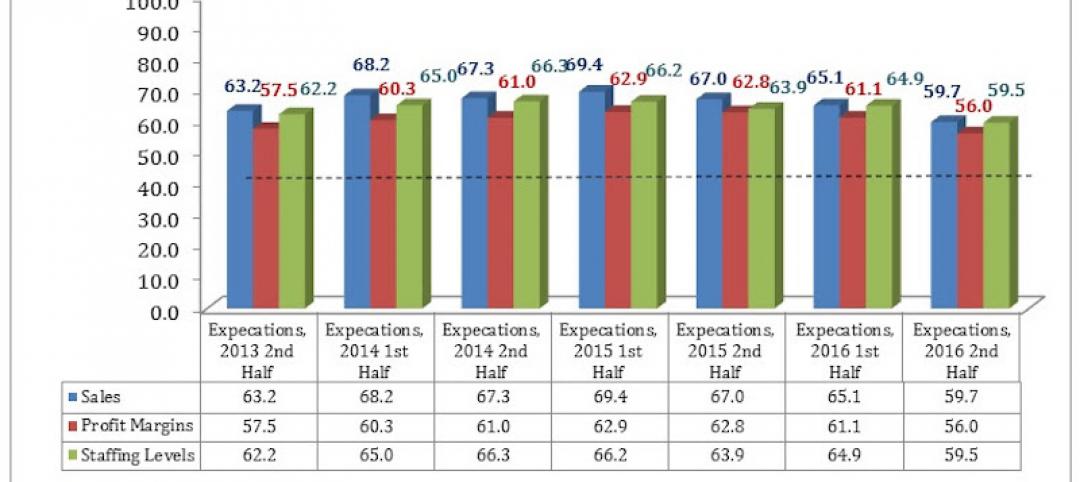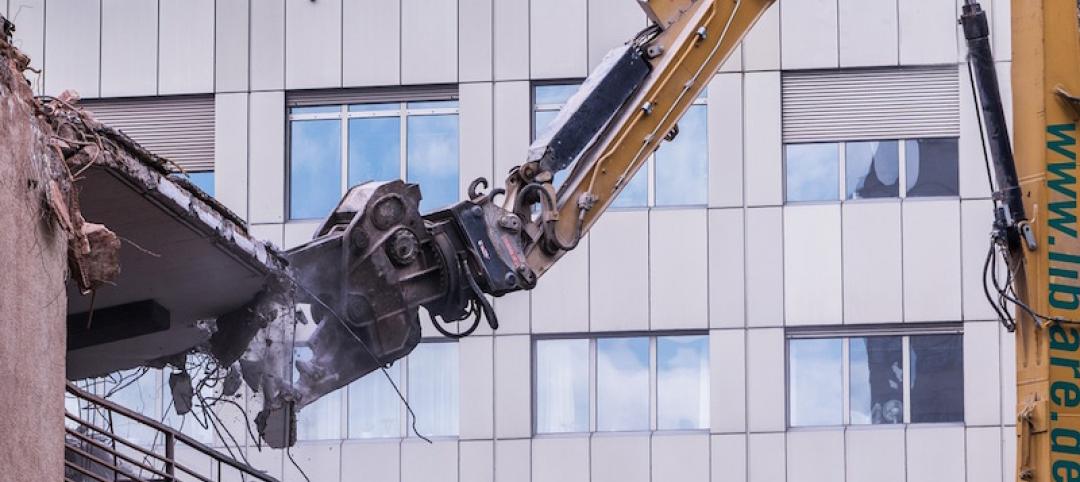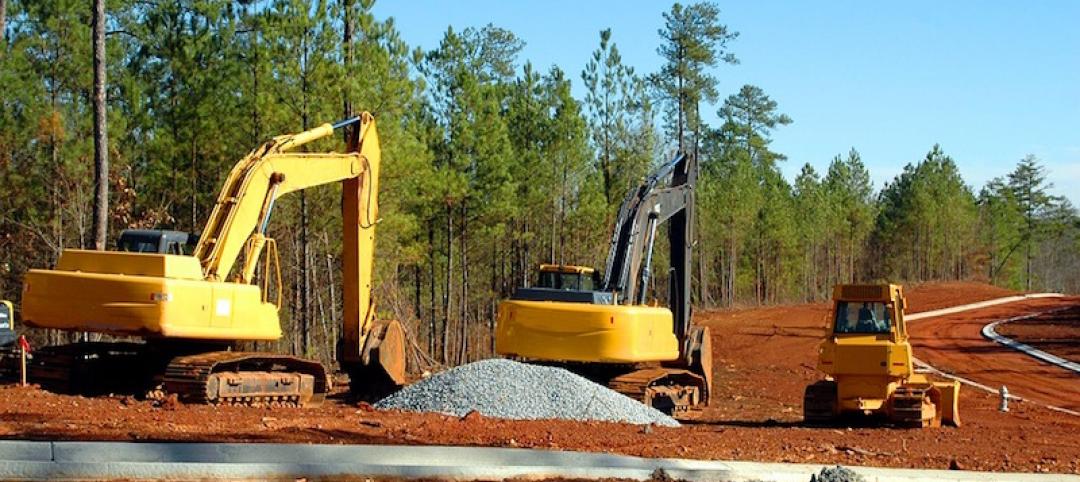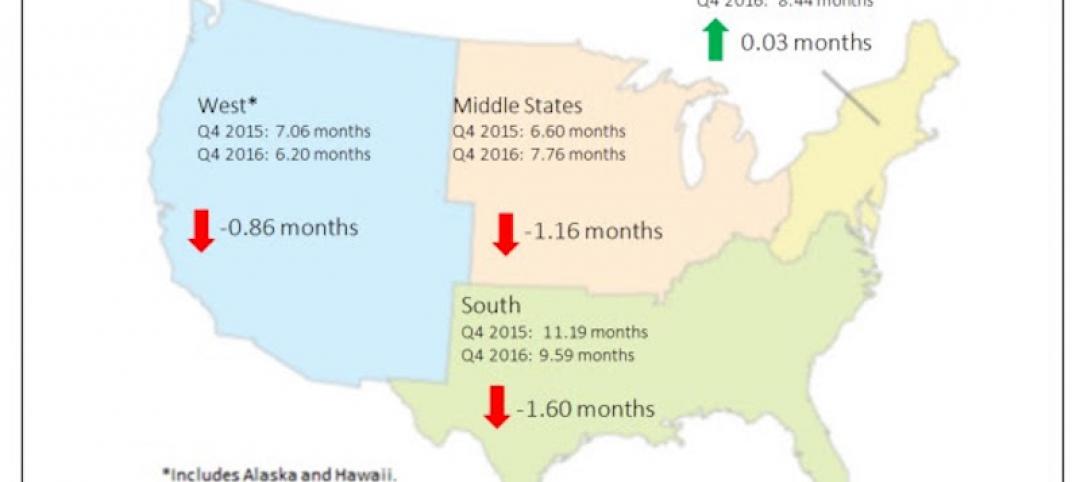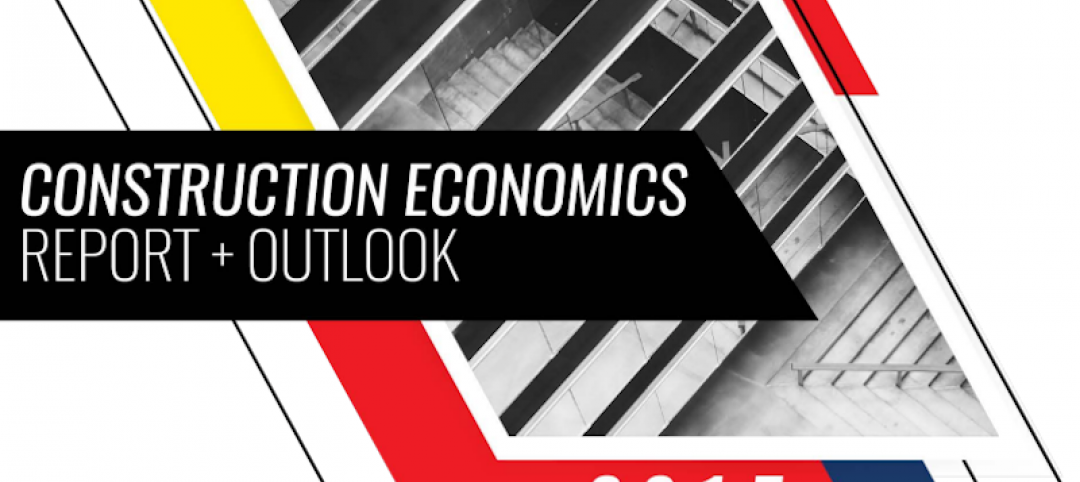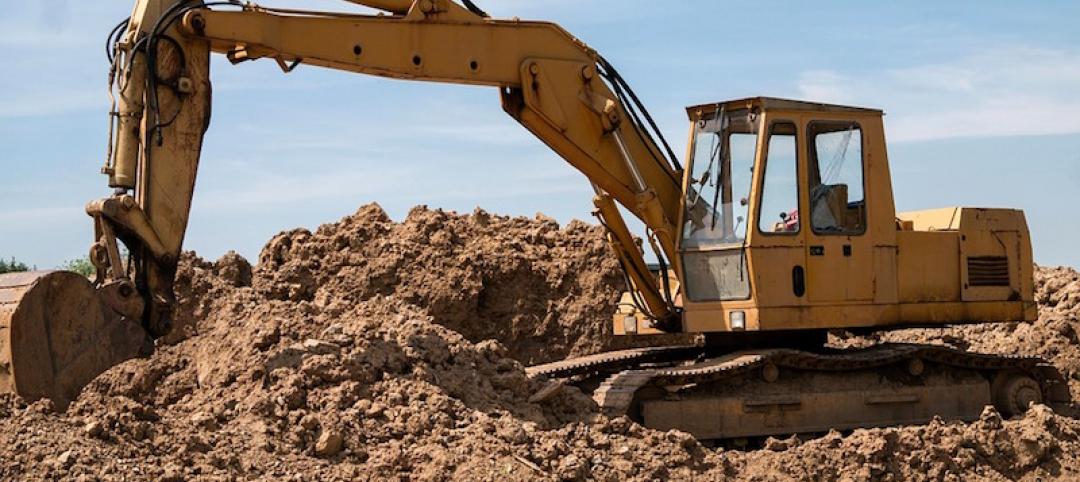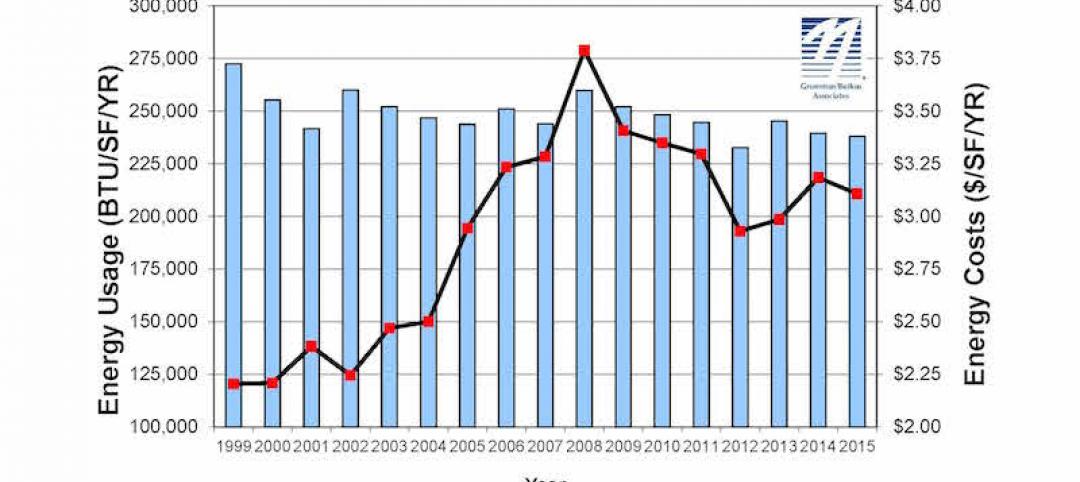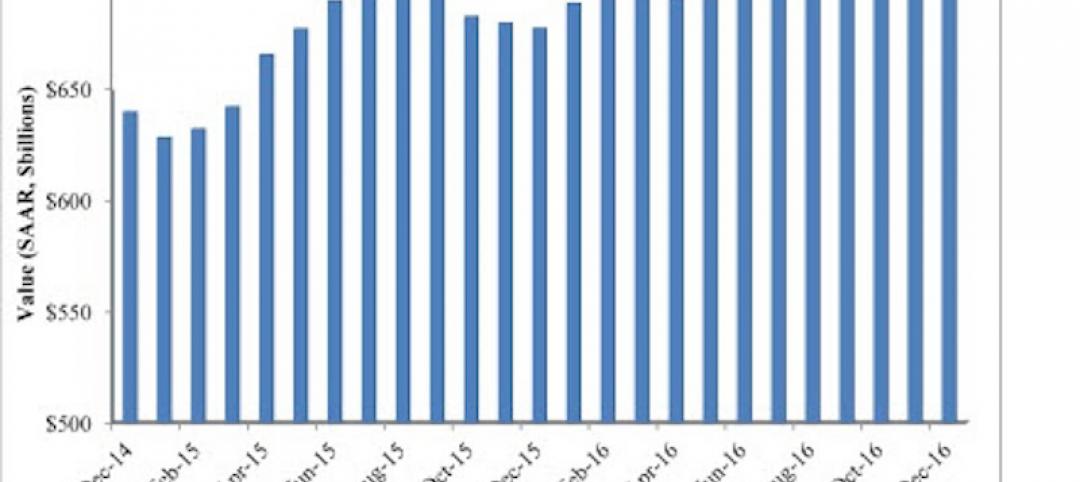Construction employment in October remained depressed compared to pre-pandemic levels in three-fourths of states despite the fact 36 states and D.C. added new construction jobs in October, according to an analysis by the Associated General Contractors of America of government employment data released today. Association officials added that demand for most types of nonresidential projects remains weak amid pandemic-related uncertainty and urged federal officials to enact a new round of coronavirus recovery measures.
“An increasing number of nonresidential contractors are experiencing cancellations that are forcing them to lay off workers,” said Ken Simonson, the association’s chief economist. “Although single-family homebuilding and remodeling contractors are adding workers, most states are likely to have a net loss of construction workers soon, especially from high-paying, nonresidential jobs.”
Seasonally adjusted construction employment in October was lower than in February—the last month before the pandemic forced many contractors to suspend work—in 37 states, Simonson noted. New York lost the most construction jobs over that span (-41,600 jobs or -10.1%), closely followed by Texas (-41,500 jobs, -5.2%). Vermont had the largest percentage loss (-21.8%, -3,200 jobs), followed by North Dakota (-13.2%, -3,900 jobs).
Only thirteen states and the District of Columbia added construction jobs from February to October. Virginia added the most (7,100 jobs, 3.5%), followed by Kentucky (4,300 jobs, 5.4%) and Alabama (4,300 jobs, 4.5%). South Dakota posted the largest percentage gain (9.4%, 2,300 jobs), followed by Kentucky.
Construction employment decreased from September to October in 12 states, increased in 36 states and D.C., and was unchanged in South Dakota and Utah. Maryland shed the most construction jobs from September to October (-2,600 jobs or -1.4%), followed by Georgia (-1,800 jobs, -0.9%). Maryland also had the largest percentage decrease, followed by Delaware (-1.4%, -300 jobs).
California added the most construction jobs over the month (26,300 jobs, 3.1%), followed by Texas (9,400 jobs, 1.3%). Alaska had the largest percentage gain for the month (10.1%, 1,500 jobs), followed by Iowa (7.0%, 4,700 jobs).
Association officials urged members of Congress to craft a new series of coronavirus relief measures to help offset declining demand for most types of nonresidential construction. Those measures must include new infrastructure investments, liability reforms to protect honest firms from unwarranted pandemic lawsuits and an extension of, and new flexibility for, measures like the Paycheck Protection Program. They also urged Congress to ensure the current administration does not move forward with its plans to tax firms that used Paycheck Protection Program loans to protect essential construction jobs.
“With the pandemic raging again in most parts of the country, countless construction jobs are at risk as owners cancel or delay construction projects amid uncertainty about the future,” said Stephen E. Sandherr, the association’s chief executive officer. “Enacting needed new recovery measures now will help protect many good-paying construction careers during what will likely be a difficult winter for the economy.”
View state employment February-October data and rankings; and September-October rankings.
Related Stories
Market Data | Mar 29, 2017
Contractor confidence ends 2016 down but still in positive territory
Although all three diffusion indices in the survey fell by more than five points they remain well above the threshold of 50, which signals that construction activity will continue to be one of the few significant drivers of economic growth.
Market Data | Mar 24, 2017
These are the most and least innovative states for 2017
Connecticut, Virginia, and Maryland are all in the top 10 most innovative states, but none of them were able to claim the number one spot.
Market Data | Mar 22, 2017
After a strong year, construction industry anxious about Washington’s proposed policy shifts
Impacts on labor and materials costs at issue, according to latest JLL report.
Market Data | Mar 22, 2017
Architecture Billings Index rebounds into positive territory
Business conditions projected to solidify moving into the spring and summer.
Market Data | Mar 15, 2017
ABC's Construction Backlog Indicator fell to end 2016
Contractors in each segment surveyed all saw lower backlog during the fourth quarter, with firms in the heavy industrial segment experiencing the largest drop.
Market Data | Feb 28, 2017
Leopardo’s 2017 Construction Economics Report shows year-over-year construction spending increase of 4.2%
The pace of growth was slower than in 2015, however.
Market Data | Feb 23, 2017
Entering 2017, architecture billings slip modestly
Despite minor slowdown in overall billings, commercial/ industrial and institutional sectors post strongest gains in over 12 months.
Market Data | Feb 16, 2017
How does your hospital stack up? Grumman/Butkus Associates 2016 Hospital Benchmarking Survey
Report examines electricity, fossil fuel, water/sewer, and carbon footprint.
Market Data | Feb 1, 2017
Nonresidential spending falters slightly to end 2016
Nonresidential spending decreased from $713.1 billion in November to $708.2 billion in December.
Market Data | Jan 31, 2017
AIA foresees nonres building spending increasing, but at a slower pace than in 2016
Expects another double-digit growth year for office construction, but a more modest uptick for health-related building.


